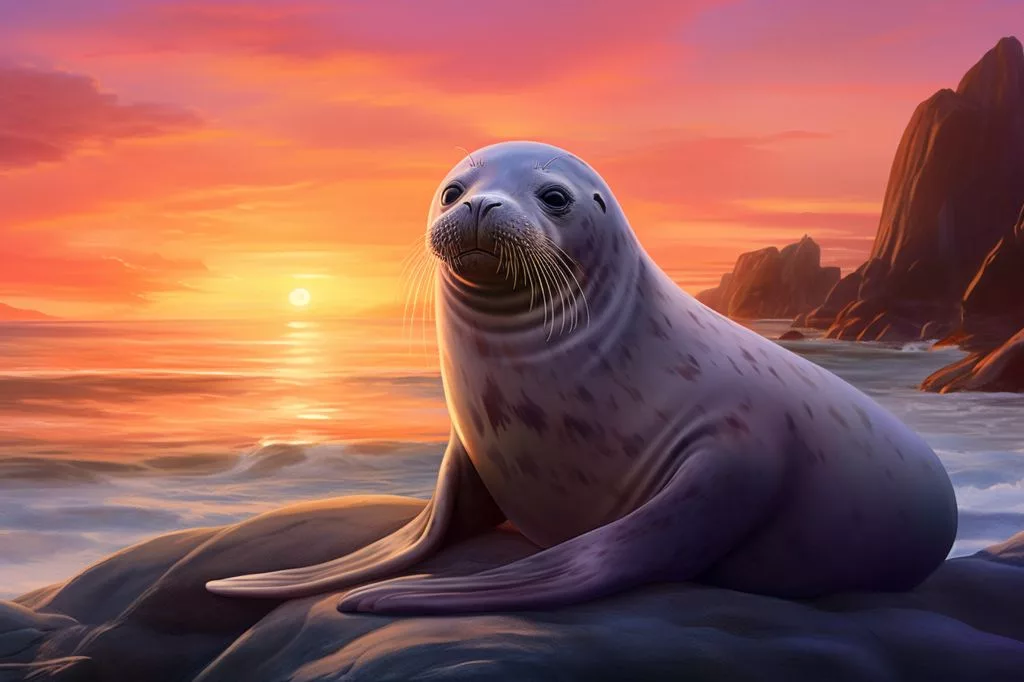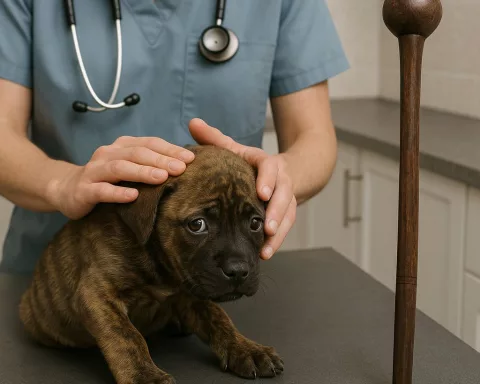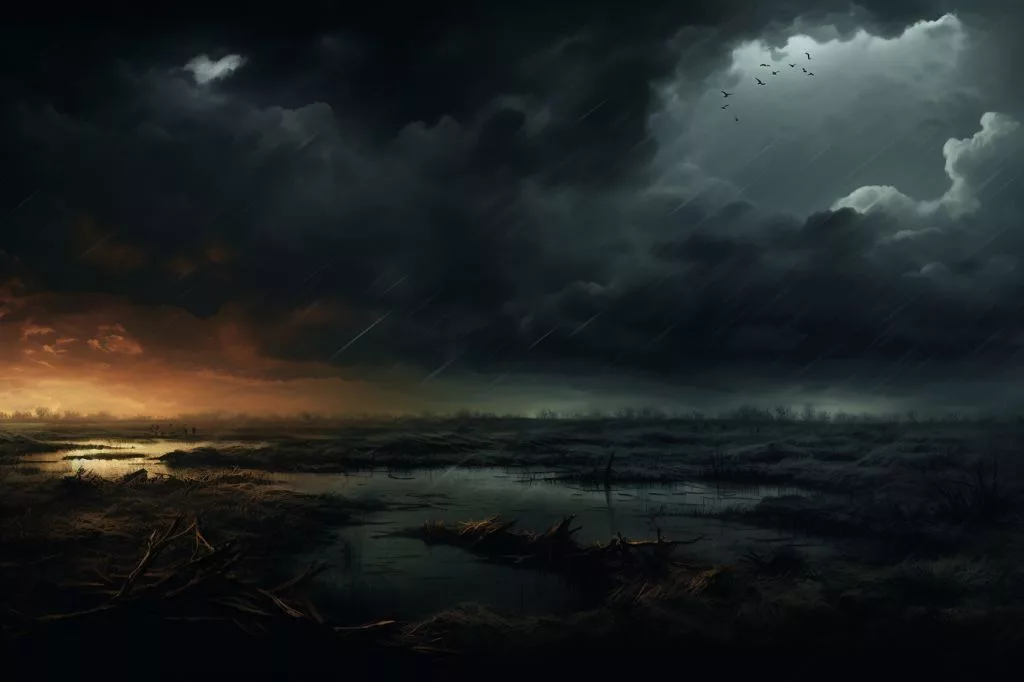A seal in Cape Town was continuously harassed by people who threw stones, prodded it with sticks, and even let dogs attack it, leading to immense stress and ultimately its demise. This incident highlights the tragic consequences of harassing coastal wildlife and the need for education and awareness about responsible conduct towards them. It is crucial to understand and appreciate their natural behaviors and allow them to rest undisturbed. By developing empathy and respect for wildlife, we can contribute to their well-being and prevent similar events from occurring in the future.
What are the consequences of harassing coastal wildlife?
Harassing coastal wildlife can have tragic consequences, as demonstrated by the recent incident in Cape Town where a seal was continuously harassed and ultimately suffered immense stress, leading to its demise. Additionally, harassing wildlife is illegal and ethically wrong. It is important to increase education and awareness about responsible conduct towards coastal wildlife and to understand and appreciate their natural behaviors.
A Disturbing Encounter in Cape Town
A recent tragic event involving a seal in the lively city of Cape Town has brought attention to the often-neglected issue of harassment of coastal wildlife. The Cape of Good Hope Society for the Prevention of Cruelty to Animals (SPCA) and the City of Cape Town have expressed their concern after continuous harassment of a seal led to an attack on a woman and the subsequent heartbreaking demise of the seal.
The sequence of events took place on Strand Beach, a favorite spot for tourists and locals. Over a few days, an adult seal sought sanctuary on the shore, repeatedly showing its natural tendency to rest on the beach. Unfortunately, instead of acknowledging the animal’s presence and allowing it to recover, some individuals engaged in a series of cruel and inhumane behaviors.
Seal Endures Unacceptable Torment
The seal suffered a hail of stones and rocks, was prodded with sticks, and even experienced attacks from dogs. Numerous bystanders chose to ignore the animal’s discomfort and opted for self-gratification, as they tormented the seal to capture sensational videos of it chasing them. The abuse reached a regrettable peak when the seal, stressed and agitated, bit a woman who unknowingly approached it.
The woman was quickly transported to a local hospital, where her injury was treated. In response to the event, Cape Town’s MMC for Spatial Planning and Environment, Eddie Andrews, emphasized that the seal’s behavior was normal and predictable, as it was merely trying to find solace on the beach.
To prevent additional harm, Strand Beach was partially closed the next morning, allowing the SPCA wildlife unit and the city’s coastal management team to safely capture and transport the seal. The intention was to obtain a health clearance from the Two Oceans Aquarium and release the animal in a safer location, away from human interference.
Tragedy Strikes, Serving as a Reminder
Sadly, the seal passed away due to the immense stress it had experienced before it could be relocated to a safe environment. Andrews explained that this is a common outcome for seals subjected to harassment or capture, and it is the primary reason why the city, the Department of Forestry, Fisheries and the Environment, and the SPCA do not undertake capturing and relocating seals, as the mortality rate due to stress of capture remains alarmingly high.
In the wake of this misfortune, it is crucial to recognize that harassing any coastal wildlife is not only illegal but also ethically wrong. Andrews urges residents and beach visitors to keep a respectful distance from seals on beaches and to allow these animals to rest undisturbed.
This incident serves as a reminder of the delicate balance between humans and wildlife, particularly in coastal areas where interactions between the two are common. By understanding and appreciating the natural behaviors of animals like seals, the public can contribute to their well-being and help prevent similar events from occurring in the future.
Importance of Education and Awareness
The significance of education and increasing awareness about the need for responsible conduct towards coastal wildlife cannot be emphasized enough. The Strand Beach incident in Cape Town is an unfortunate example of the repercussions of insensitivity and ignorance. As we continue to share our planet with a diverse range of creatures, it is essential that we develop empathy and respect for the numerous life forms that surround us.
In Cape Town and beyond, we can all contribute to ensuring the safety and well-being of both humans and the vast array of wildlife that coexists with us. Whether it is admiring the beauty of a resting seal from a respectful distance or engaging in responsible beach activities, each individual has the power to play a role in the preservation of our natural world.
1. What happened to the seal in Cape Town?
The seal in Cape Town was continuously harassed by people who threw stones, prodded it with sticks, and even let dogs attack it, leading to immense stress and ultimately its demise.
2. What are the consequences of harassing coastal wildlife?
Harassing coastal wildlife can have tragic consequences, as demonstrated by the recent incident in Cape Town where a seal was continuously harassed and ultimately suffered immense stress, leading to its demise. Additionally, harassing wildlife is illegal and ethically wrong. It is important to increase education and awareness about responsible conduct towards coastal wildlife and to understand and appreciate their natural behaviors.
3. What is the Cape of Good Hope Society for the Prevention of Cruelty to Animals (SPCA) doing about this incident?
The Cape of Good Hope SPCA and the City of Cape Town have expressed their concern about the incident and are urging residents and beach visitors to keep a respectful distance from seals on beaches and to allow these animals to rest undisturbed.
4. Is harassing coastal wildlife illegal?
Yes, harassing coastal wildlife is illegal and ethically wrong.
5. What is the significance of education and awareness about responsible conduct towards coastal wildlife?
Education and awareness about responsible conduct towards coastal wildlife are crucial to prevent similar incidents from occurring in the future. By understanding and appreciating the natural behaviors of animals like seals, the public can contribute to their well-being and help prevent harm to them.
6. What happened to the woman who approached the seal?
The seal bit the woman who approached it, and she was quickly transported to a local hospital, where her injury was treated.
7. What was the intention of capturing and relocating the seal?
The intention of capturing and relocating the seal was to obtain a health clearance from the Two Oceans Aquarium and release the animal in a safer location, away from human interference.
8. Why is it important to develop empathy and respect for wildlife?
As we continue to share our planet with a diverse range of creatures, it is essential that we develop empathy and respect for the numerous life forms that surround us. This incident serves as a reminder of the delicate balance between humans and wildlife, particularly in coastal areas where interactions between the two are common.












